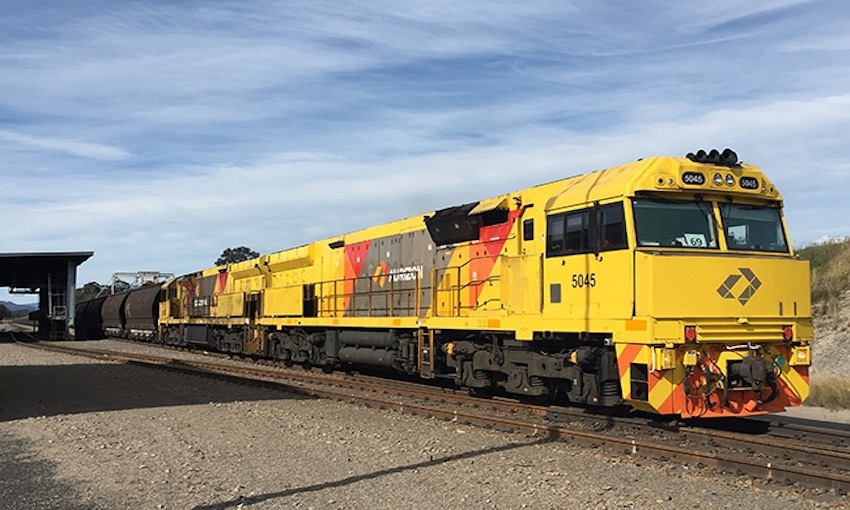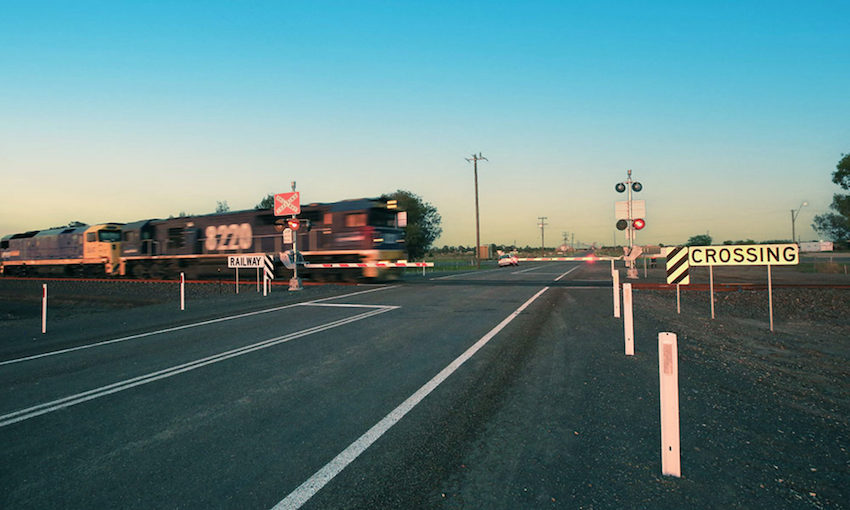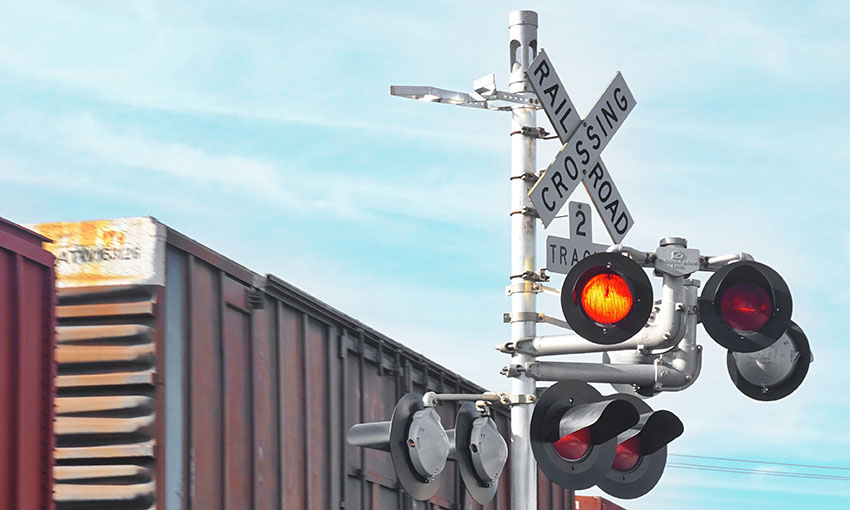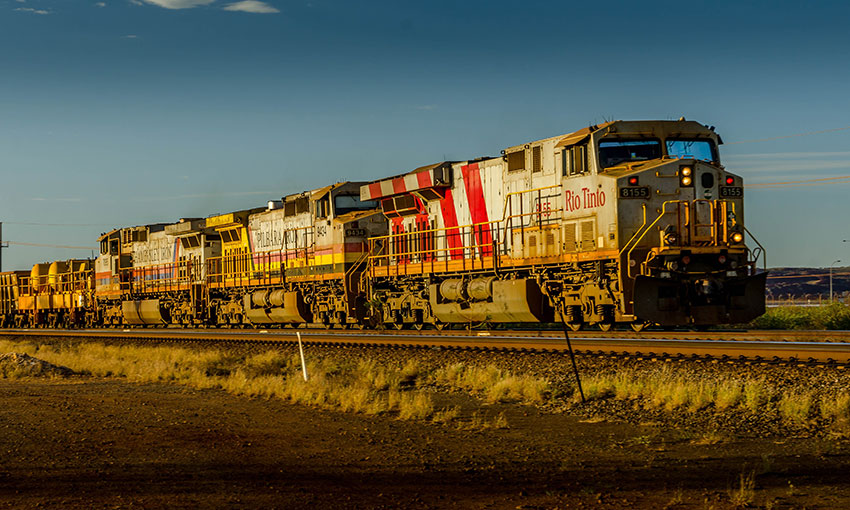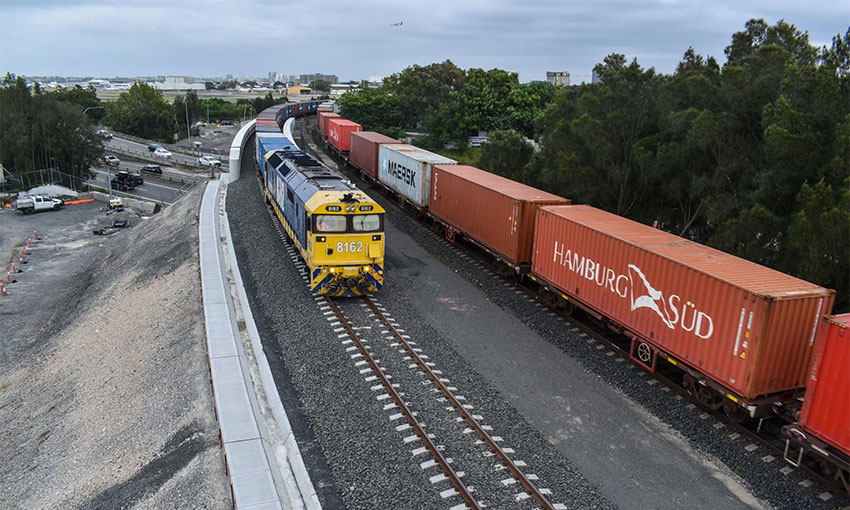RAIL operator Aurizon has released its annual report for the year ended 30 June 2021. It shows EBIT improved by $46.5 million (10%) to $505.3 million in FY2021, with increased revenue of $36.4 million (3%) and reduced operating costs of $23.1 million (6%) partially offset by higher depreciation of $13.0 million (4%).
Aurizon operates the 2670-kilometre Central Queensland Coal Network (CQCN), an open-access network that is the largest coal rail system in Australia and one of the country’s most complex. The network connects multiple customers from more than 40 mines to five export terminals located at three ports.
The CQCN includes four major coal systems (Moura, Blackwater, Goonyella and Newlands) and a connecting link (Goonyella to Abbot Point Expansion – GAPE).
The company’s primary source of revenue is coal access revenue from the provision of access to the CQCN. It is determined based on railed coal volumes and the applicable system reference tariffs approved by the Queensland Competition Authority.
The company also derives revenue from services and other revenue including the maintenance of private infrastructure, external design and construction works, customer-funded infrastructure charges and other services.
Aurizon reported that the network maintained strong operational performance during FY2021 despite challenges presented by wet weather and the COVID-19 pandemic.
The supply chain was impacted by reduced global demand that resulted in volumes in the CQCN declining by 8% to 208.3 million tonnes. Notwithstanding the reduced demand, record haulage volume was achieved in the GAPE system.
Total system availability was 84.1%. As FY2021 utilises a new capacity model, it was noted that the system availability measure is not directly comparable to prior years.
Cancellations due to network causes decreased from 2.5% to 1.6%.
Cycle velocity declined marginally from 23.3 kilometres per hour to 23 kilometres per hour.
The network continues to pursue precision railroading initiatives to deliver more volume with existing capital for all users through faster turnaround time and improved on-time running performance of all trains on the network. These initiatives include the Modern Scheduling and Automated Track Inspection System trials, which are currently being conducted by network.

